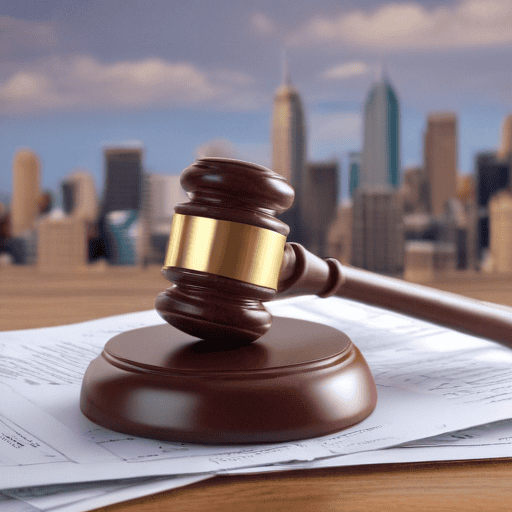The recent turmoil surrounding the Office of the Director of Public Prosecutions (ODPP) in Fiji has drawn considerable attention as new allegations surface against reinstated Director Christopher Pryde. Mosese Bulitavu, the recently appointed Minister for Environment and Climate, has made a striking defense of former Acting DPP Nancy Tikoisuva and Deputy DPP John Rabuku, stating that they excel in prosecution work compared to Mr. Pryde.
The controversy intensified following a formal complaint lodged with the Fiji Independent Commission Against Corruption (FICAC) on January 10. The complaints, according to Tikoisuva, involve severe allegations of misuse of office, including unauthorized gratuity payments dating from 2013 to 2018, discrepancies in financial practices, and inappropriate payments regarding life insurance and travel expenses. Notably, these complaints emerged shortly after Pryde’s reinstatement following a prior suspension due to earlier misconduct claims.
Former Attorney-General Aiyaz Sayed-Khaiyum has expressed skepticism about the validity of the new complaints, suggesting that the ongoing internal conflicts within the ODPP could undermine public confidence in the rule of law. In his detailed commentary, he highlighted that these issues not only affect the judicial system but could also have wider implications for Fiji’s economy and relationships with development partners.
Bulitavu’s remarks were particularly pointed, as he contrasted the prosecution successes of Tikoisuva and Rabuku against Mr. Pryde’s track record, asserting, “They have won cases that Pryde cannot even handle.” He recalled his own experience of being convicted during Pryde’s tenure, which was later overturned for lack of evidence, raising questions about the integrity of the prosecution process under Pryde’s leadership.
Pryde, scheduled to return to duties on January 20, 2025, has since delayed his return to February 3, 2025, to focus on addressing the new FICAC allegations. The current unfolding drama emphasizes a critical juncture for Fiji’s legal framework, spotlighting the need for reforms to bolster accountability and transparency within the ODPP.
In the face of these challenges, some stakeholders maintain a hopeful outlook that the scrutiny on the ODPP will ultimately pave the way for necessary reforms that enhance public trust in the judiciary. As the situation develops, there remains cautious optimism that accountability efforts will contribute positively to governance in Fiji’s legal institutions.
In summary, the ongoing allegations against Christopher Pryde, combined with the defenses put forth by various officials, not only highlight the complexities within the ODPP but also signal potential pathways for reform and improved practices aimed at reinforcing the integrity of the judicial process in Fiji.

Leave a comment